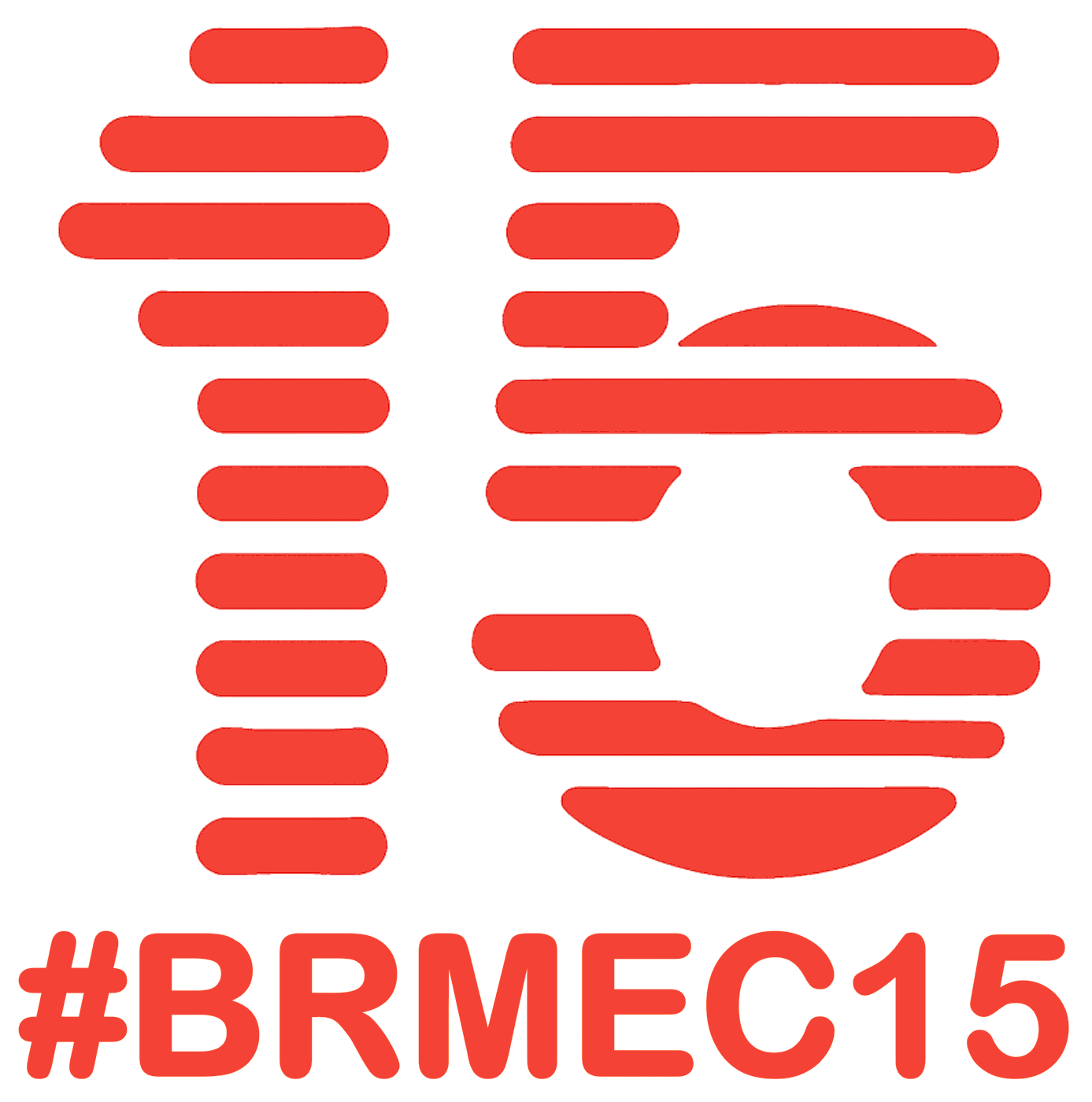The Biomedical Research Colloquium Page
Invest in ME Research Colloquiums (BRMEC) are unique symposia for
biomedical researchers who are perflorming research into myalgic encephalomyeltis, or related diseases, or able to
bring in expertise into the field in order to expedite progress in understanding and treating ME.
organised by the charity since 2011, they foster global
biomedical ME research collaboration, and have spawned multiple international collaborations
as well as European networks such as the European ME Research Group (EMERG) and the associated earlier career researcher
network, Young EMERG.
These annual CPD-accredited events unite researchers from 20+ countries and have been very successful for forming new ME research collaborations across continents.

BRMEC COLLOQUIUMS
Year: 2026

Event title: 15th International Biomedical Research into ME Colloquium
Dates: 27-30 May 2026
Location: Wellcome Geome Campus, Hinxton Hall, Cambridge, UK
Chairs: Professor Simon Carding (Quadram Institute, UK / EMERG)
Agenda: BRMEC15 Agenda
Notes: Annual CPD-accredited symposium for researchers
20 Years of Investing in ME Research to Discover ME:
In Pursuit of the Mechanisms and Treatment Strategies for Myalgic EncephalomyelitisThe 15th International Biomedical Research into ME Colloquium (#BRMEC15) is part of International ME Conference Week 2026.
The event offers a unique platform for researchers, clinicians, and early-career scientists to engage with the latest developments in ME research, fostering collaboration and driving innovation in this field of research.
Year: 2025

Event title: 14th International Biomedical Research into ME Colloquium
Dates: Unknown
Location:Wellcome Geome Campus, Hinxton Hall, Cambridge, UK
Chairs: Professor Simon Carding (Quadram Institute, UK / EMERG)
Agenda: See below
Notes: Annual closed symposium
Year: 2024

Event title: 13th International Biomedical Research into ME Colloquium
Dates: 26-27 June 2024
Location: Wellcome Geome Campus, Hinxton Hall, Cambridge, UK
Chairs: Professor Simon Carding (Quadram Institute, UK / EMERG)
Agenda: See below
Notes: Theme: "The Infectious Aetiology of Myalgic Encephalomyelitis"
BRMEC13 delegate - "the agenda, speakers you chose, networking you encouraged & every detail helped us all meet new collaborators & have more hope that things are getting closer to answers"
Year: 2023
Event title: 12th International Biomedical Research into ME Colloquium
Dates: 31 May 2023
Location: Wellcome Geome Campus, Hinxton Hall, Cambridge, UK
Chairs: Professor Simon Carding (Quadram Institute, UK / EMERG)
Agenda: See below
Notes: First in-person since pandemic
Year: 2022
Event title: 11th International Biomedical Research into ME Colloquium
Dates: 18-19 May 2022
Location: Virtual via Zoom
Chairs: Professor Simon Carding (Quadram Institute, UK / EMERG)
Agenda: See below
Notes: Theme: "ME and Long Covid: Emerging insights" Virtual event due to pandemic
Year: 2021
Event title: 10th International Biomedical Research into ME Colloquium
Dates: 2-3 June 2021
Location: London (virtual via Zoom)
Chairs: European ME Research Group (EMERG)
Agenda: Hypotheses on ME aetiology
Notes: Virtual event due to pandemic
Year: 2019
Event title: 9th International Biomedical Research into ME Colloquium
Dates: 29-30 May 2019
Location: London
Chairs: Dr Ian Gibson
Agenda: Clinical Research, Systems Biology, Metabolomics
Notes: London venue
Year: 2018
Event title: 8th International Biomedical Research into ME Colloquium
Dates: 30 - 31 May 2018
Location: London
Chairs: Dr Ian Gibson
Agenda: See below
Notes:
Year: 2017
Event title: 7th International Biomedical Research into ME Colloquium
Dates:31 - 1 June 2017
Location: London
Chairs: Dr Ian Gibson
Agenda: See below
Notes:
Year: 2016
Event title: 6th International Biomedical Research into ME Colloquium
Dates: 1st - 2 June 2016
Location: London
Chairs: Dr Ian Gibson
Agenda: See below
Notes:
Year: 2015
Event title: 5th International Biomedical Research into ME Colloquium
Dates: 27 - 28 May 2015
Location: London
Chairs:Dr Ian Gibson and Professor Jonathan Edwards - along with the Invest in ME Research Advisory Board
Agenda: See below
Notes:
Year: 2014
Event title: 4th International Biomedical Research into ME Colloquium
Dates: 30 May 2014
Location: London, UK
Chairs: Dr Ian Gibson, former MP and Dean of Biology at UEA, and Emeritus Professor of Connective Tissue Medicine Jonathan Edwards, University College London
Agenda: See below
Notes:
Year: 2013
Event title: 3rd International Biomedical Research into ME Colloquium
Dates:May 2013
Location: London
Chairs:Dr Ian Gibson, former MP and Dean of Biology at UEA and Professor Hugh Perry of Southampton University, Chair of the Medical Research Council Neurosciences
Agenda: See link below
Notes:
Year: 2012
Event title: 2nd International Biomedical Research into ME Colloquium
Dates: 30-31st May 2012
Chairs: Dr Ian Gibson
Agenda: See below
Agenda: Agenda here
Notes: To raise awareness of Myalgic encephalomyelitis, and promote collaboration, innovation and foundations for a clearer strategy of biomedical research into ME, Invest in ME joined with the Alison Hunter Memorial Foundation of Australia - in cooperation with Bond University and University of East Anglia - to establish a Clinical Autoimmunity Working Group colloquium which met in London.
Year: 2011
Event title: 1st International Biomedical Research into ME Colloquium
Dates: Unknown
Location:London, UK
Chairs:Professor Tom Wileman, University of East Anglia, UK
Agenda: Not available
Notes: First event in annual series. In May 2011, during the #IIMEC6 conference weekend events, the charity included a new idea - the 'Corridor Conference' - with clinicians and researchers discussing ways to collaborate, discuss issues and generally to progress knowledge and opportunities for research. Thus was born the first Invest in ME Research Biomedical Research into Myalic Encephalomyelitis Colloquium .......


